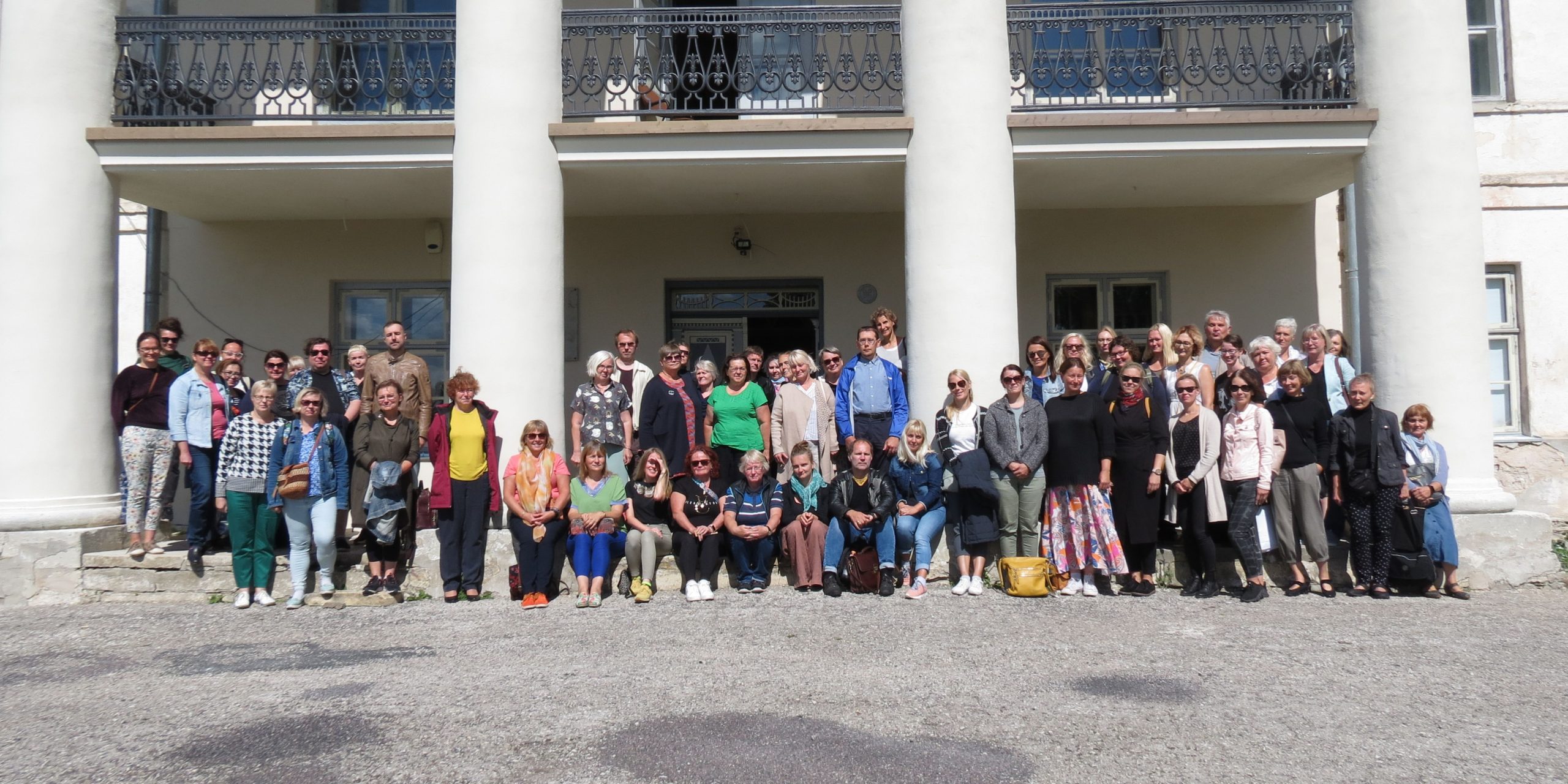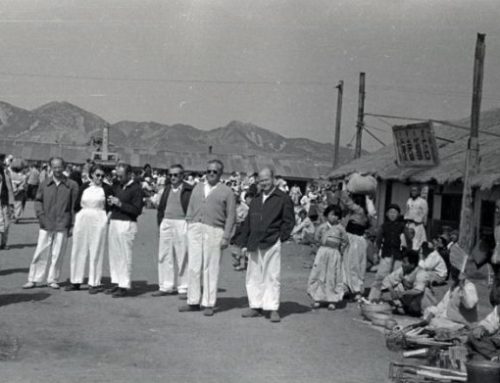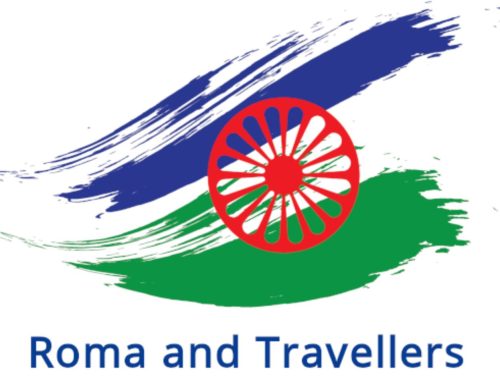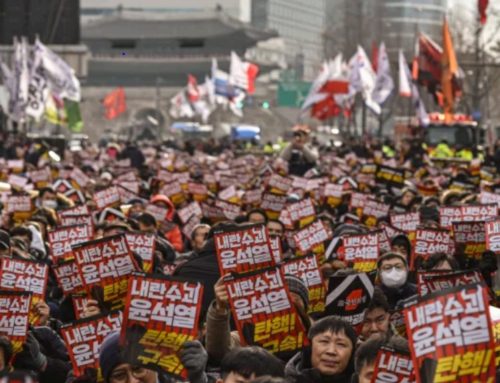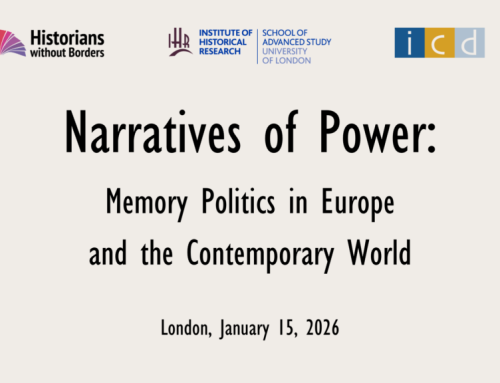A Cross-Cultural Exchange on Curriculum Reforms and Local History
In the picturesque landscapes of Pärnumaa, Estonia, history educators from diverse cultural backgrounds converged for the Estonian History Teacher’s Association Annual Summer School. The three-day event, hosted primarily in Lihula and Jõulumäe, proved to be a stimulating platform for international collaboration and the exchange of ideas. With a focus on curriculum reforms, tackling disinformation, and celebrating the rich tapestry of local history with the focus on the 20th century, this summer school provided a unique opportunity for history educators to gain fresh insights and establish cross-border connections.
Day 1: Cross-Country Workshops
The first day of the summer school unfolded in the welcoming ambiance of Lihula High School. The organizers had the privilege of hosting three esteemed international guests – Laura Laurberga-Nikolova from Latvia’s History Teacher’s Association, Simona Stankute from Lithuania’s History Teacher’s Association, and Kirsi Ruhanen from the Finnish History Teacher’s Association. These dedicated educators conducted a series of 30-minute workshops, each delving into the teaching of 20th-century history within their respective national curriculums. We are all well familiar with the events, but getting more detailed local perspectives is always very valuable.
A unique feature of the event was the rotation-style workshop organization, allowing all 73 participants from different corners of Estonia to partake in each of the workshops. This setup facilitated a diverse learning experience and encouraged the sharing of best practices in history education. The collaborative spirit was palpable, with participants absorbing insights from the Baltic neighbours and Finland.
Following the workshops, a panel discussion moderated by Maarja Tinn took centre stage. The discussion revolved around the ongoing reforms in the national curriculums across the Baltic region and in Finland. The comparative perspective illuminated the nuances and challenges each country faces, and participants engaged in informal conversations that would carry over into the next two days.
Day 2: Embracing Local Heritage
The second day of the summer school was dedicated to the rich local heritage and history of Pärnumaa. The immersive experience deepened the participants’ appreciation for the role of local history in fostering a sense of belonging and identity. It also underscored the need to strike a balance between national and local history, a challenge that history educators everywhere grapple with.
Day 3: Battling Disinformation and Future Prospects
On the third and final day, the focus shifted towards the critical issue of dealing with disinformation in history classes. With misinformation on the rise globally, history educators face the responsibility of equipping their students with the skills to critically evaluate sources and narratives.
Through engaging sessions, the participants explored strategies and resources to address disinformation in history education. This was a timely discussion, as history teachers recognized their role in cultivating informed and discerning citizens.
Furthermore, the summer school delved into the future of history teacher associations. The importance of fostering networks and collaborations between neighbouring countries’ associations was underscored. Participants acknowledged the value of cross-cultural interactions and information sharing, which enriches their pedagogical approaches.
Conclusion: A Beacon of Cross-Cultural Collaboration
The Estonian History Teacher’s Association Annual Summer School in Pärnumaa proved to be a remarkable opportunity for history educators from diverse national and cultural contexts to come together, learn, and grow. The focus on curriculum reform, tackling disinformation, and embracing local history underscored the ever-evolving nature of history education.
As educators return to their respective classrooms, they carry with them the valuable insights gained during this summer school. The event serves as a testament to the importance of international collaborations, which can enhance the quality of history education in Estonia and beyond. The shared experiences and lessons learned ensure that history teachers will continue to foster a deeper understanding of the past and equip their students with the skills to navigate a complex, information-rich world.
Written by Kätlin Jürna, Estonian History Teacher’s Association

